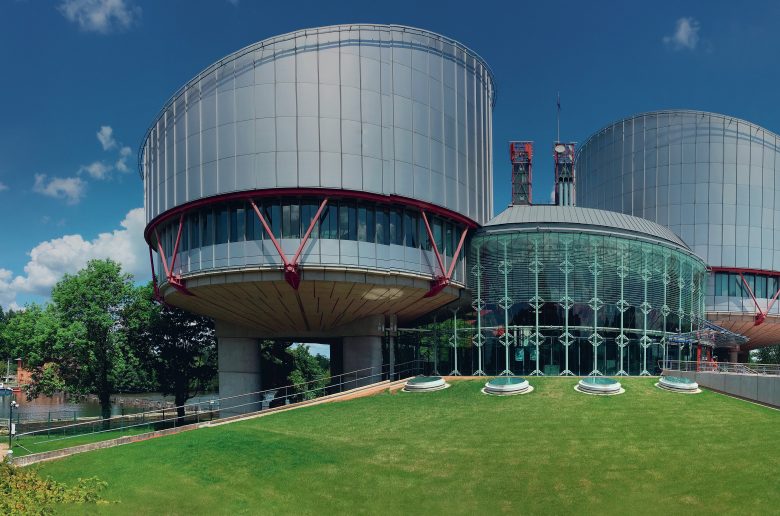
All criminal cases fall into one of three categories: summary, triable-either-way and indictable. Summary offences and the majority of either-way offences are dealt with in the Magistrates’ Court. Indictable offences must be transferred to the Crown Court (see pp. 16–17).
Either-way offences are heard in the Magistrates’ Court unless either the defendant elects trial in the Crown Court or the magistrates decline jurisdiction. The volume of either-way cases transferred to the Crown Court has given rise to concern. The 2015 Review of Efficiency in Criminal Proceedings (the ‘Leveson Review’) found that a significant number of cases are being sent ‘unnecessarily’ to the Crown Court.
Your organisation does not have access to this article.
Sign up today to give your students the edge they need to achieve their best grades with subject expertise
Subscribe




